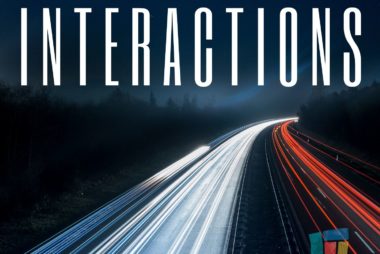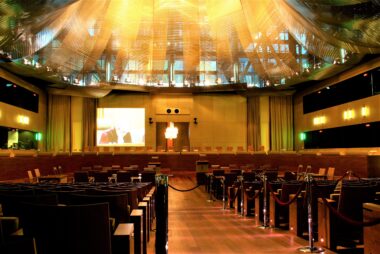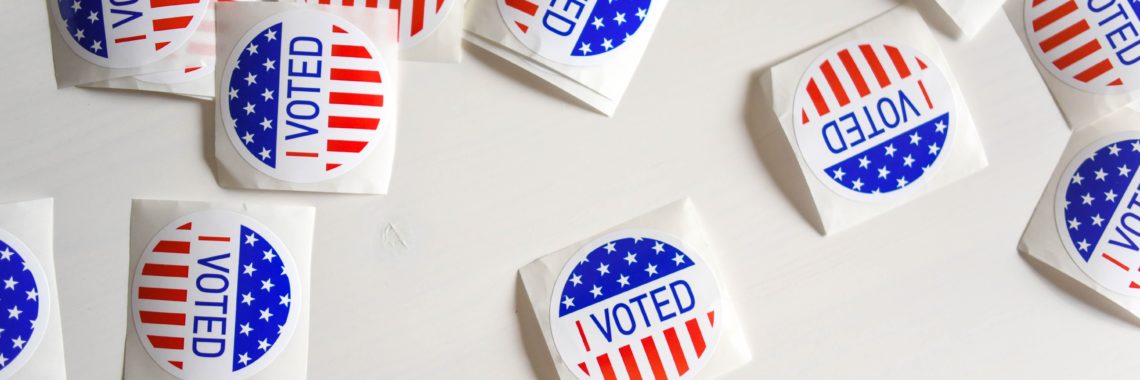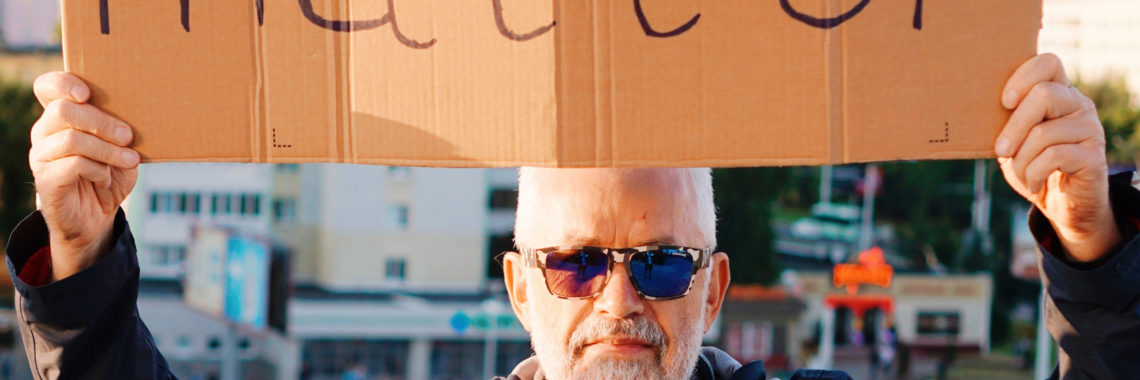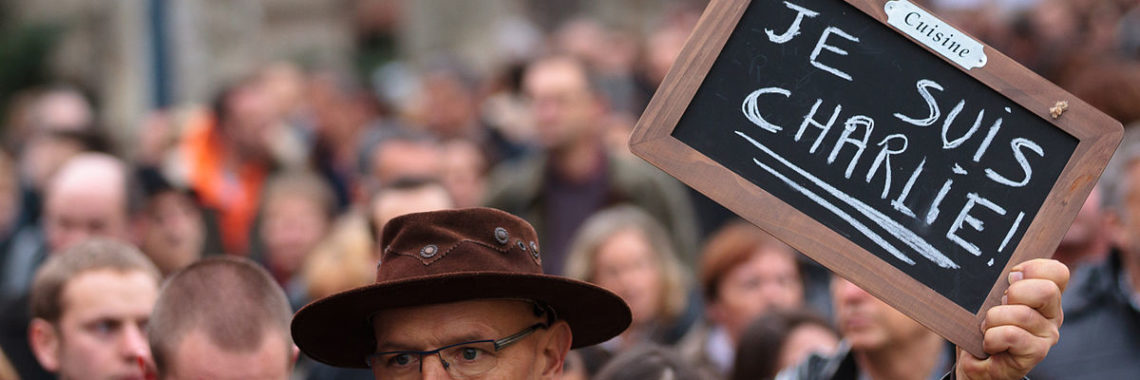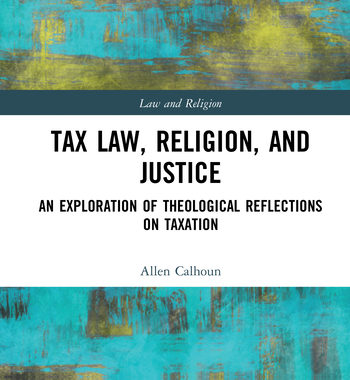“Fratelli tutti: A Marvelous Gift of Pope Francis” by Rafael Domingo
This article is part of our “Fratelli Tutti: Reflections on Pope Francis’s Call for Fraternity in Law and Religion” series.If you’d like to check out other articles in this series, click here. Pope Francis has just published a far-reaching encyclical that is destined, with time, to become his spiritual legacy to mankind in the realm…



